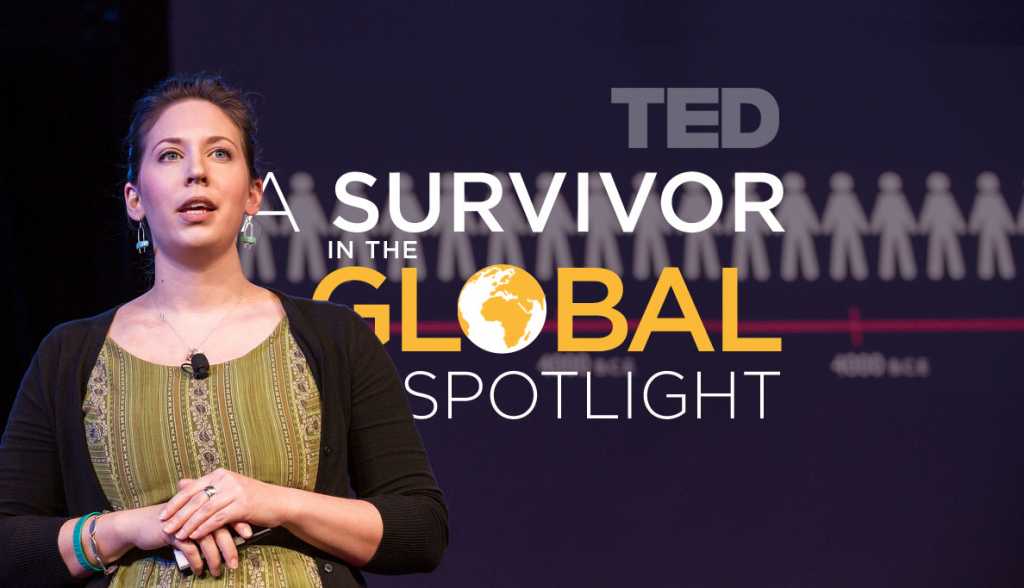Page 57 • (600 results in 0.132 seconds)
-
Temple University, Philadelphia and is a specialist in military ethics, just war theory, philosophy of law and applied ethics. She is Associate Professor and Chair of Philosophy at Pacific Lutheran University in Tacoma, WA and teaches courses in military ethics, warfare, business ethics, social and political philosophy and history of philosophy. Recent publications include: When Less is not More: Expanding the Combatant/Non-Combatant Distinction; With Fear and Trembling: A Qualified Defense of Non
-
animals. Prerequisites: BIOL 330, CHEM 115; BIOL 352 recommended. (4) BIOL 461 : Evolution An introduction to evolutionary theory and its broad explanatory power in biology. Coverage includes: a brief history of evolutionary thought, population genetics and the mechanisms of evolutionary change, phylogenetics, speciation, macroevolutionary processes, origins of life on earth, and evo-devo. Laboratory includes simulations and empirical examples of concepts covered in lecture. Prerequisite: BIOL 330. (4
-
partner providers in surrounding communities, where they often help underserved patients in areas facing health care shortages. Tracy Pitt — associate director of advising, admission and student support in the School of Nursing — said that by the end of the 27-month program, each individual has completed more than 1,000 clinical hours. Seavor said the community-based experience graduate students gain increases their confidence and makes for a smoother transition from theory to practice after
-
theory and frameworks used by educational organizations, particularly in the creation and maintenance of organizational identity; (b) knowledge and skill of policy formulation, evaluation, and advocacy; including, methods of influence, building strategic alliances, and setting policy agendas; (c) the role of the educational leader in working with multiple constituencies (government, legislature, lobbyists, special interest groups, media); and (d) purposes and effective strategies for building teams
-
international tour every four years. We also offer a beginning jazz theory course for all music majors. Is there a jazz concentration in the music degree?No, there is not. There is a specialized concentration in the music MINOR, but not a jazz degree per se. Nevertheless, there is plenty of opportunity to play in the big band, combos, and learn improvisation and jazz styles. If you want to zero in on jazz, a BMA or BA degree rather than the more “classical”-oriented BM degree would be the way to go. What
-

experience: My PLU experience has been truly life-changing. As a first year, I would have never been able to guess what kind of journey I was about to embark on. During my time at PLU, I met many lifelong friends – including the girl that I get to marry! On top of that, I had learning opportunities that challenged me both academically and as an individual. Zachary Grah ’13 is from Puyallup, Wash. The school of business combined theory with relevant projects involving real organizations. This education
-

it a field—now it is, but a very, very small field.” A small field, maybe—but one with potentially huge impact. “She is on the ground floor of a relatively new field that has the possibility of making all kinds of great insights into cancer in the evolution of history,” Ryan said. As Hunt and other researchers unearth more and more ancient evidence—breast cancer in 3500 B.C. Egypt, osteo-sarcoma in a T. rex femur—Hunt has formed an intriguing theory: She believes cancer is inherent in human
-
the rapidly changing Norwegian culture and society and Norway’s active engagement in defining and redefining its roles internationally and within its borders Examine the Norwegian approach to contemporary issues in a central location with engaged faculty whose specialties include Peace and Conflict Studies, African Studies, International Relations, Middle East Studies, Polital Theory and more Study in English alongside Norwegians majoring in Peace & Conflict and International Studies Immerse
-
in evaluating systems theory and frameworks used by educational organizations, particularly in the creation and maintenance of organizational identity; (b) knowledge and skill of policy formulation, evaluation, and advocacy; including, methods of influence, building strategic alliances, and setting policy agendas; (c) the role of the educational leader in working with multiple constituencies (government, legislature, lobbyists, special interest groups, media); and (d) purposes and effective
-

around campus like concerts and games! PLU offered the opportunity for me to simultaneously pursue my passion for engineering and my love of music, and I just could not turn down an opportunity like that. My PLU experience: Adventure, growth, friends, Frisbees, The Big Bang Theory, music, and trebuchets. Over my four years I have grown as a student, musician, scientist, human being, and global citizen. I have learned the value and importance of community from my friends and mentors in the alumni
Do you have any feedback for us? If so, feel free to use our Feedback Form.


